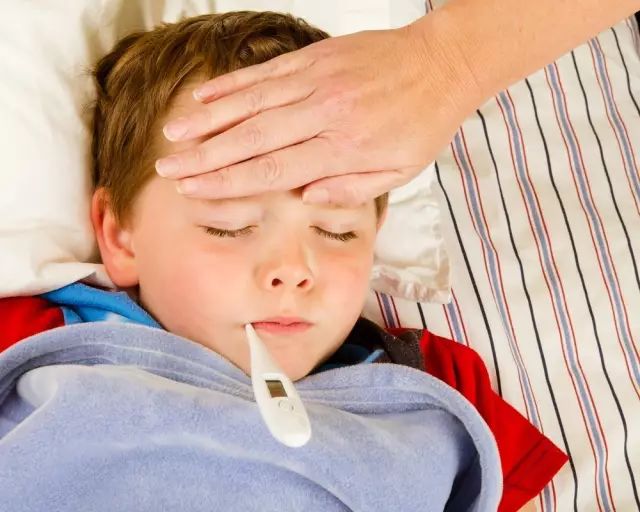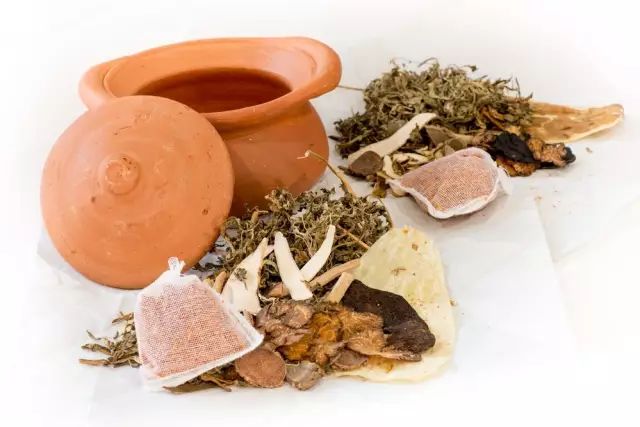When it comes to damp-heat, many people might think of the sultry heat of summer, excessive sweating, and dry mouth. However, did you know that damp-heat is not exclusive to summer? Winter damp-heat should not be underestimated either. So, why does damp-heat arise in winter? What effects does winter damp-heat have on our bodies? How can we effectively regulate damp-heat? Today, Dr. Zhan Feng, Deputy Chief Physician of the Traditional Chinese Medicine Department at Guangdong Provincial People’s Hospital will discuss these issues with us.

Do you know why damp-heat can arise in winter?
First, let’s look at why damp-heat can develop in winter. Traditional Chinese Medicine (TCM) believes that damp-heat is a pathological state formed by the combination of internal and external dampness and heat.So why does damp-heat arise in winter? There are several main reasons:
Seasonal Factors: Winter is a season of cold and yin. To resist the cold, the body will constrict pores and reduce sweat output. At the same time, the air in winter is relatively dry, which can lead to insufficient moisture in the body. This can cause internal dampness to accumulate,forming internal dampness. On the other hand, although winter is cold, temperature fluctuations can occur, especially when there is a significant temperature difference between indoors and outdoors. This can affect the body’s ability to regulate temperature, making it easy for internal heat to accumulate,forming internal heat. Thus, internal dampness and internal heat can interact, producing damp-heat.
Dietary Factors: Winter is a good time for people to replenish their energy, and many choose to eat high-calorie, high-protein, and high-fat foods, such as hot pot, barbecues, and desserts. However, these are often sources of damp-heat, as they are consideredgreasy and hard to digest, which can impair the spleen and stomach’s ability to transform and transport, leading to metabolic disorders of water and the generation of internal dampness. Additionally, there are fewer fruits and vegetables in winter, and many people neglect to consume enough vitamins and fiber, which can also affect the body’s detoxification and bowel movements, making it harder to eliminate damp-heat.
Lifestyle Factors: In winter, many people reduce their physical activity due to the cold, often staying in bed all day. This can slow down the body’smetabolism, preventing dampness from being resolved and causing it to stagnate in the body,forming internal dampness. Furthermore, the quality of sleep in winter is often poor, with many experiencinginsomnia, late nights, and vivid dreams, which can deplete the body’s yin fluids, leading tointernal heat.
In summary, the reasons for the generation of damp-heat in winter are mainly due to seasonal, dietary, and lifestyle factors, which disrupt the body’s water metabolism, preventing dampness and heat from being expelled in a timely manner, leading to their combination and the formation of damp-heat.

Image Source: Rui Jing Creative
What are the manifestations of winter damp-heat? Do you have any symptoms?
The manifestations of winter damp-heat include the following symptoms; you can self-check to see if you have any of these:
Dry mouth and bitter taste: Damp-heat can damage the spleen and stomach, affecting water metabolism, leading to dry mouth, bitter taste, bad breath, thirst without desire to drink, or a preference for cold drinks; these are all signals of damp-heat.
Constipation: Damp-heat can obstruct intestinal peristalsis, leading to constipation, whether dry, sticky, or alternating with diarrhea; these are all symptoms of damp-heat.
Skin Issues: Damp-heat can be expelled through the skin, leading to various skin problems such as acne, pimples, rashes, itching, peeling, and allergies; these are all manifestations of damp-heat.
Low Mood: Damp-heat can affect the heart and spirit, leading to low mood, irritability, restlessness, depression, insomnia, and vivid dreams; these are all reactions to damp-heat.
Other Symptoms: Damp-heat can also lead to other symptoms such as dizziness, headaches, chest tightness, abdominal bloating, and yellow urine; these are all consequences of damp-heat.

Image Source: Rui Jing Creative
Methods to Regulate Damp-Heat You Can Try!
If you want to regulate damp-heat, first, we need to avoid behaviors that can exacerbate damp-heat, such asovereating, being sedentary, and high stress as well as unhealthy lifestyle habits and emotions. In addition, we should focus on regulation.
The basic principle of TCM treatment for damp-heat is to clear heat and drain dampness, which involves using herbs, foods, and other methods to eliminate internal heat and promote urination to expel dampness, thereby achieving a balance of yin and yang and restoring health. For example:
Dietary Therapy: Dietary therapy utilizes foods with heat-clearing and damp-draining properties to prepare soups, porridge, and teas for consumption. For instance, ingredients like winter melon, coix seed (yi yi ren), adzuki beans (hong xiao dou), lotus seeds (lian zi), and lily bulbs (bai he) can be used to make soups such as winter melon and coix seed soup, adzuki bean and lotus seed soup, and lily and coix seed porridge; these soups can help the body expel excess moisture and eliminate damp-heat.
Herbal Tea: You can use ingredients like mint (bo he), chrysanthemum (ju hua), and honeysuckle (jin yin hua) to brew teas with heat-clearing and damp-draining properties, such as mung bean and mint tea, and chrysanthemum and honeysuckle tea; these teas can help the body promote urination and drain dampness, regulating the body’s balance and alleviating damp-heat symptoms.
Herbal Remedies: The Wanglaoji Guangdong Herbal Tea Granules, composed of 10 herbs including five-fingered citrus (wu zhi guo), fire charcoal mother (huo tan mu), and淡竹 (dan zhu), have effects of clearing heat, detoxifying, cooling blood, and reducing swelling, suitable for various symptoms of internal damp-heat, such as sore throat, dry mouth, bad breath, swollen gums, itchy skin, and constipation.

Image Source: Rui Jing Creative
In summary, we shouldpay attention to the issue of damp-heat in winter, detect and regulate it in a timely manner to avoid causing more trouble for our bodies. At the same time, we should cultivate good lifestyle habits, including appropriate diet, exercise, rest, and relaxation, maintaining a peaceful mood, so that we can prevent and resist the invasion of damp-heat and enjoy a healthy and happy winter.
If you liked today’s article, don’t forget to give me a“like + follow + share” at the end.*Some images in this article are sourced from the internet. If there is any infringement, please contact us promptly.


